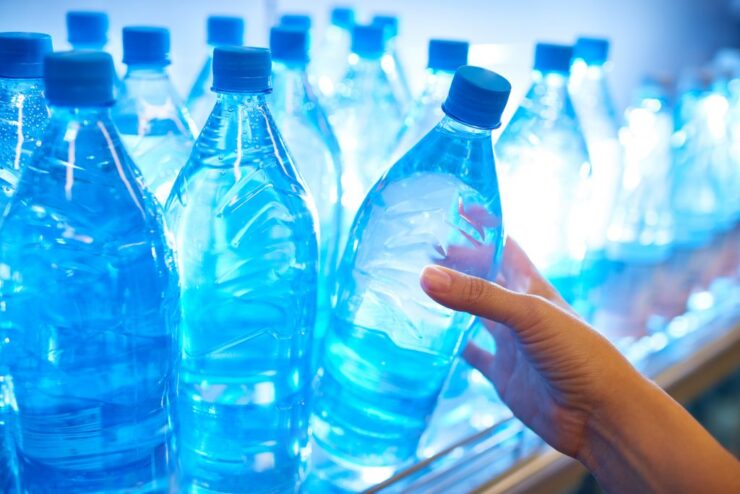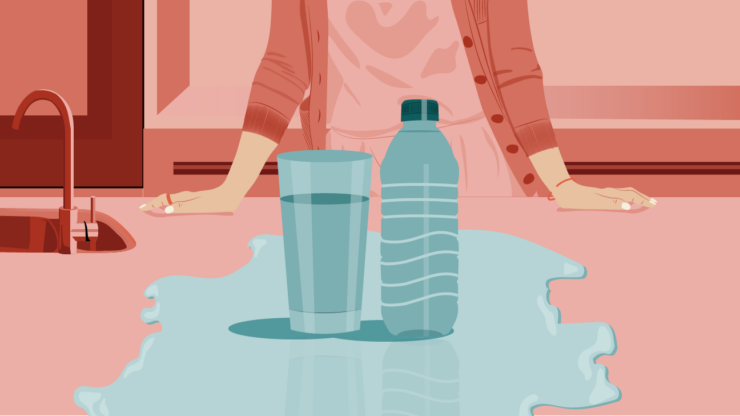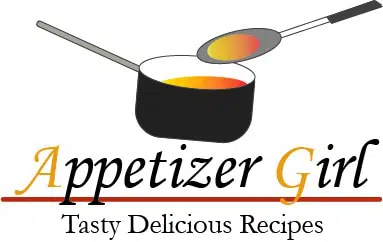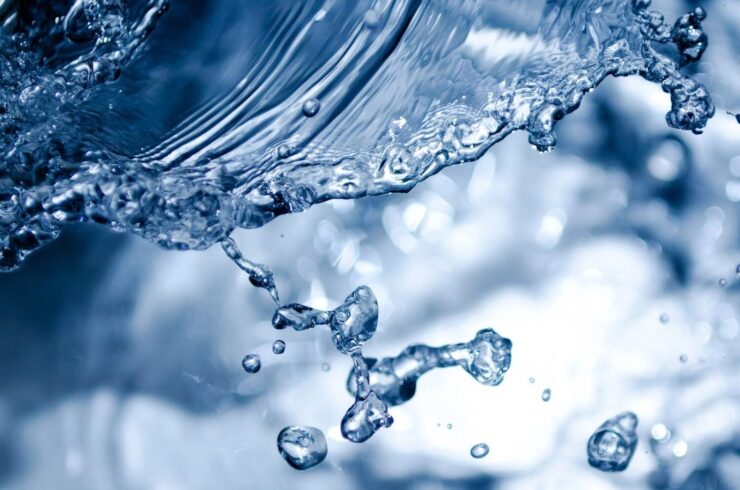Clean safe drinking water is something that we all should have access to. However, the well-documented crises in American Public Water Supplies (PWS) have seen many of us turning to “safer” solutions.
Two of the most common solutions are filtered water and bottled water. But just how safe are these solutions? Which is the better option?
As we discover here, the filtered v bottled water debate is not as straightforward as it first appears. The implications of this underscore the need for making informed choices about how we consume vital drinking water.
Bottled Water: Not the Perfect Solution

On the plus side, bottled water is convenient, affordable, and readily available. It seems to be the perfect solution to the problem of clean drinking water. However, even if we put aside the environmental impact of billions of plastic bottles, there are plenty of other issues to explore.
It’s also worth noting that a significant portion of bottled water is essentially tap water that has been filtered and repackaged. Additionally, the convenience of bottled water does not necessarily equate to safety, although public perception is often skewed in its favor.
- Quality Concerns: According to a Consumer Reports study, many of the bottled waters contain one or more types of PFAS, often termed as ‘forever chemicals’ due to their persistence in the environment.
- Regulatory Gaps: While most bottled water undergoes some form of testing, the standards and oversight can vary, leading to potential disparities in water quality.
- Hidden Costs: Beyond the direct monetary costs, the environmental implications of bottled water are significant. The production and transportation of bottled water contribute to greenhouse gas emissions, and millions of plastic bottles end up in landfills and oceans every year.
- False Security: Just because water is bottled doesn’t guarantee its purity or safety. Consumers should be wary of assuming bottled water is always a safer choice.
All things considered, if we were to write a school report on bottled water it would say – could do better. There are definite health and environmental concerns that prevent it from being a perfect solution.
Filtered Water: Clear but not Flawless
At first glance, filtered water seems to tick all the boxes. It’s environmentally friendly, cost-effective, and provides a continuous supply right from our taps. With the added assurance of impurities being sieved out, it’s a popular choice for many households.
But again, scratch just below the surface, and flaws become apparent. The promise of purity and safety is often contingent on factors that might not be immediately obvious.
As the first point below examines, the “forever chemical” problem is again at the forefront:
- Filter Efficiency: According to a study published in the American Chemical Society, not all household water filters are effective at removing PFAS, the notorious ‘forever chemicals’.
- Maintenance Matters: Filters need regular replacement and systems require maintenance to ensure water quality.
- Environmental Impact: While generally more eco-friendly than bottled water, the production and disposal of filters have their own environmental implications.
- Trust but Verify: Just as with bottled water, consumers should be proactive in understanding the capabilities and limitations of their filtration systems.
While a good filtration system will undoubtedly improve the quality of tap water, it isn’t without its limitations. For a filter system to supply truly safe water a proactive and informed approach is required.
Filtered v Bottled Water: A Head-to-Head Comparison

Neither of these options is perfect, there are definite pros and cons to each. The following table shows the main comparison points of both methods.
| Aspect | Filtered Water | Bottled Water |
| Cost | More cost-effective than bottled water in the long run | Can be expensive over time |
| Environmental Impact | Less plastic waste, but concerns over filter disposal | Plastic waste and a larger carbon footprint |
| Quality | Depends on filter type and maintenance | Varies some are essentially re-packaged tap water |
| Convenience | Consistent access, however, requires ongoing maintenance | Readily available, no maintenance requirements |
| Safety Concerns | Variability in water-filter effectiveness | Regulatory gaps and potential contaminants |
| Forever Chemicals | Many water filters are ineffective against PFAS | Some bottled waters contain PFAS and other contaminants |
While these solutions offer cleaner water, it is clear that there are flaws with both. Making an informed choice can be challenging when faced with such facts, the next section looks at some of the potential solutions that can ensure our drinking water is clear of impurities and potentially harmful chemicals.
Safe Drinking Water Solutions
We have now established that neither filtered or bottled water are perfect choices. While they are undoubtedly safer than straight tap water, neither is an ideal solution.
But there are alternatives that can help make sure our drinking water is as safe as possible:
- Water Distillation: A process that purifies water by boiling it and then condensing the steam back into liquid.
- Reverse Osmosis: Uses a semipermeable membrane to remove contaminants, offering high purification levels.
- JUST Water: JUST Water is a company that provides clean, mineral-rich water in a thoughtful package, emphasizing sustainability and health. Delivered right to your door, it’s a conscious choice for the eco-aware consumer. Their products are also independently verified as being free of forever chemicals.
- Spring Water: Naturally filtered and often free from many common contaminants, but source verification is crucial.
For our own health and the health of the planet, we must make informed decisions about how we source our drinking water. Filtered and bottled water each have their merits and drawbacks, but neither stands out as the ultimate solution. We must look at safe alternatives not as luxuries, but as the norm.
Without Filters: Making an Informed Decision About Safe Drinking Water

Making an informed decision means removing the filters that can blinker our choices. By becoming more informed about the impurities in our water, their health effects, and the environmental impact of our decisions, it is possible to stay hydrated and healthy.
The water we drink may look crystal clear, but to truly see clearly, we must look deeper, understanding the sources, processes, and implications of our choices.
I currently teach baking courses and have worked in a number of cafes and restaurants.
Check out my About Us page to find out more about me and my passion for cooking.
Welcome to Appetizer Girl

